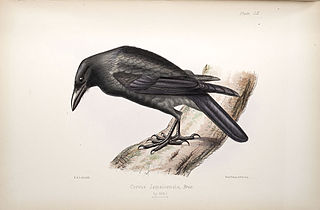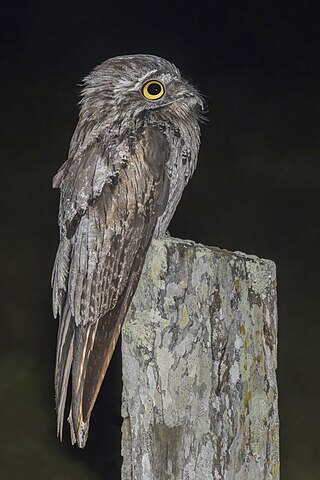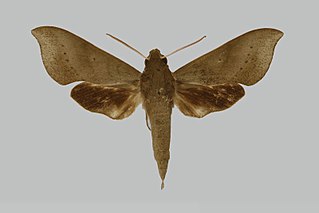
The ruddy duck is a duck from North America and one of the stiff-tailed ducks. The genus name is derived from Ancient Greek oxus, "sharp", and oura, "tail", and jamaicensis is "from Jamaica".

The Jamaican crow is a comparatively small corvid. It shares several key morphological features with two other West Indian species, the Cuban crow and the white-necked crow of Hispaniola, which are very closely related to it.

The Jamaican, common, or Mexican fruit bat is a frugivorous bat species native to the Neotropics.

Anartia jatrophae, the white peacock, is a species of butterfly found in the southeastern United States, Central America, and throughout much of South America. The white peacock's larval hosts are water hyssop, lemon bacopa, tropical waterhyssop, frogfruit, lanceleaf frogfruit, and Carolina wild petunia . The males of the species display a unique territorial behavior, in which they stake out a territory typically 15 meters in diameter that contains larval host plants. They perch in this area and aggressively protect it from other insects and other male white peacocks.

Perigonia jamaicensis is a moth of the family Sphingidae. It lives in Jamaica.

The Caribbean dove is a species of bird in the family Columbidae. It is found in Belize, the Cayman Islands, Colombia, Honduras, Jamaica, and Mexico. It has been introduced to the Bahamas.

The northern potoo is a nocturnal bird belonging to the potoo family, Nyctibiidae. It is found from Mexico south to Costa Rica, and on the islands of Jamaica and Hispaniola. It was formerly classified as a subspecies of the common potoo but is now usually treated as a separate species based on differences in vocalizations.
Coccothrinax jamaicensis, the silver thatch or Jamaican silver thatch, is a fan palm that is endemic to Jamaica.
Lluidas Vale, also known as Worthy Park, is a settlement in Saint Catherine Parish, Jamaica. It has a population of 3,413 as of 2009.

Xylophanes jamaicensis is a moth of the family Sphingidae. It is known from Jamaica.

Adhemarius jamaicensis is a species of moth in the family Sphingidae. It was described by Rothschild and Jordan, in 1915, and is known from Jamaica.
Amphonyx jamaicensis is a moth of the family Sphingidae. It is known from Jamaica.

Caularis jamaicensis is a moth of the family Noctuidae first described by Todd in 1966. It is found on Jamaica.

Orthodes jamaicensis is a moth of the family Noctuidae. It is found in Central America and South America and on the Antilles.
Symphlebia jamaicensis is a moth in the subfamily Arctiinae. It was described by Schaus in 1896. It is found on Jamaica.
Phoenicoprocta jamaicensis is a moth in the subfamily Arctiinae. It was described by Schaus in 1901. It is found on Jamaica.
Psychonoctua personalis is a moth in the family Cossidae. It was described by Augustus Radcliffe Grote in 1865. It is found on Cuba, Jamaica, Hispaniola and Puerto Rico.
Stegea jamaicensis is a moth in the family Crambidae. It is found in Jamaica.
Artibeus schwartzi, or Schwartz's fruit-eating bat, is a species of bat found in the Lesser Antilles. It was previously considered a subspecies of the Jamaican fruit bat,. It has been hypothesized that it arose from hybridization of three Artibeus species: A. jamaicensis, A. planirostris, and an unknown third species.











